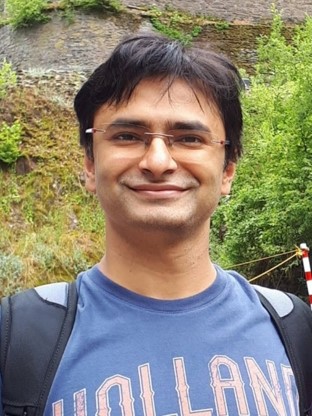Cited By
View all- Pramanik SAlabi JRoy RWeikum G(2024)Uniqorn: Unified question answering over RDF knowledge graphs and natural language textJournal of Web Semantics10.1016/j.websem.2024.10083383(100833)Online publication date: Dec-2024
- Tatawat SGhosh K(2023)CricGPT: A GPT-aided Question-Answering system for CricketProceedings of the 15th Annual Meeting of the Forum for Information Retrieval Evaluation10.1145/3632754.3632757(44-50)Online publication date: 15-Dec-2023
- Qamar FLatif SShah A(2023)Techniques, datasets, evaluation metrics and future directions of a question answering systemKnowledge and Information Systems10.1007/s10115-023-02019-w66:4(2235-2268)Online publication date: 22-Dec-2023
- Show More Cited By



